Few things split opinion in the render industry as a pebble dashed house. There are many ways to cover wall surfaces with a top coat, but few are as divisive as this.
This is a shame as pebble dash is a low cost wall covering, one that can prevent heavy rain from impacting your Trimdon Grange home and daily life. If you need guidance on pebbledash or would like to hire our services, contact the WeDoRender Trimdon Grange team, and we'll do everything we can.
You will likely be familiar with pebbledash, which is a common feature in many properties. This render uses cement alongside a high volume of rocks and small stones. Pebble dash became prominent through builders looking to cover up poor quality brickwork on properties.
The history of pebbledash, or roughcast, is long, dating back to the time of medieval buildings, or at least, renowned Scottish architect Charles Rennie Mackintosh and through the Arts and Crafts movement of the 1930s.
There is an irony in this render’s close association with so many famous and stylish moments, as many people think pebble dash walls are unappealing. This style has a great degree of functionality, which grew in popularity after the first world war, between the 1920s and the 1950s, but many homeowners appreciate the aesthetic charm of pebbledash.
When you think of pebbledash (or spar dash, which is another name for it), it is essential to remember beauty is in the eye of the beholder.
Many householders think this solution carries tremendous aesthetic appeal.
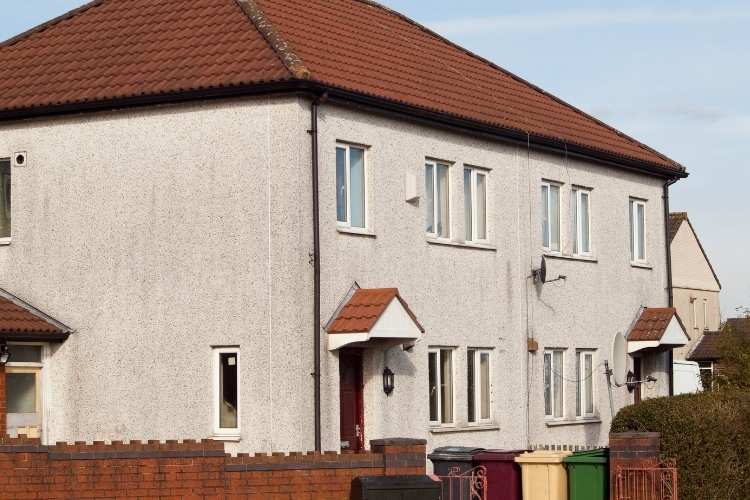
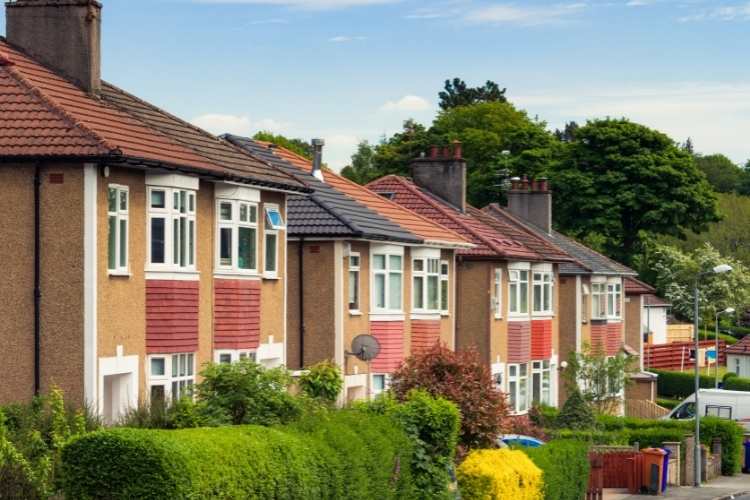
Given so many homes are pebbledashed, there must be benefits to this rendering style, and there are, including:
These are benefits; many property owners appreciate pebbledash on their external walls.
There are also some pebbledash features which are suitable for some people or bad for others.
In creating the two coats, there are simple steps
There are many ways to mix a good base coat and top coats, with some examples for these coats shown below:
For a top coat, consider:
It can be tough to get the cement render and sand ratio right, which is why you should leave it to the experts. Once mixed, you can apply it to bare bricks with the aim of creating a smooth finish.
You can use a wet mortar to apply the mixture.
When it comes to pebbledash rendering, the most important rule is each subsequent layer must be weaker than the previous one. This means each new layer should contain less cement, and it should be thinner than the layer it is applied to.
We know a lot about this feature, and how you need to apply a good base coat. A dependable first coat is essential, and the mix of materials like cement, sand and lime before you add pebbles is essential. You want a smooth base, with robust cement content across the whole wall, but we can help with this.
We carry out renders on all manner of homes, and if you want this style at your house, we provide the services that matter. For a rendered home, or one insulated with cement and pebbles, make sure you contact WeDoRender.
The look of pebbledash splits opinion. It would be wrong to say everyone loves it or hates it. There is a broad mix of views about how good pebbledash looks and whether it deserves a place on your outside wall.
If you don’t like it, fine, don’t use it. There are many types of render to choose from. If you enjoy the appearance of pebbledash, by all means, go for it.
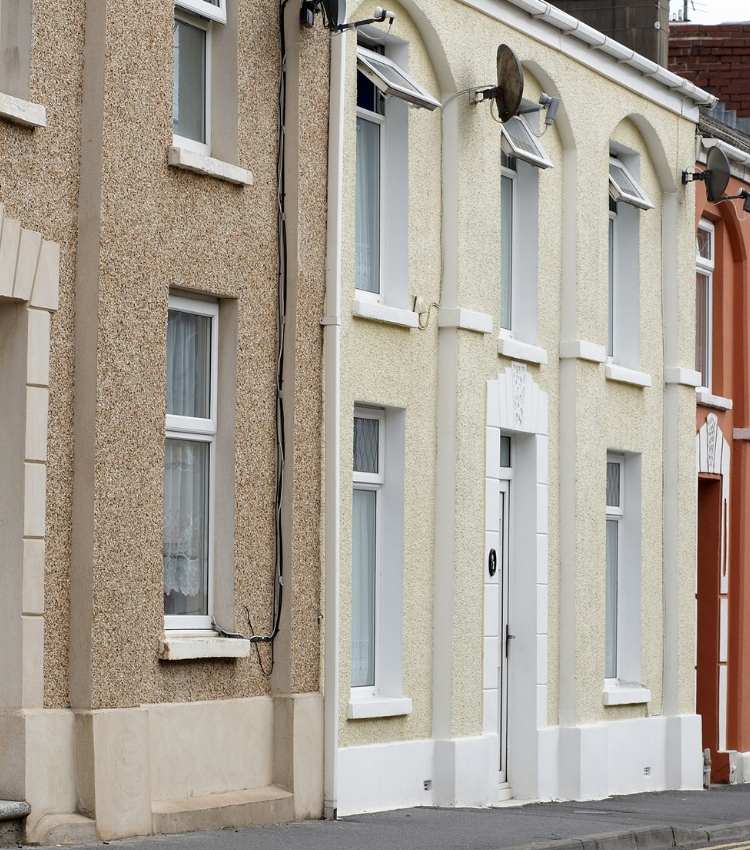
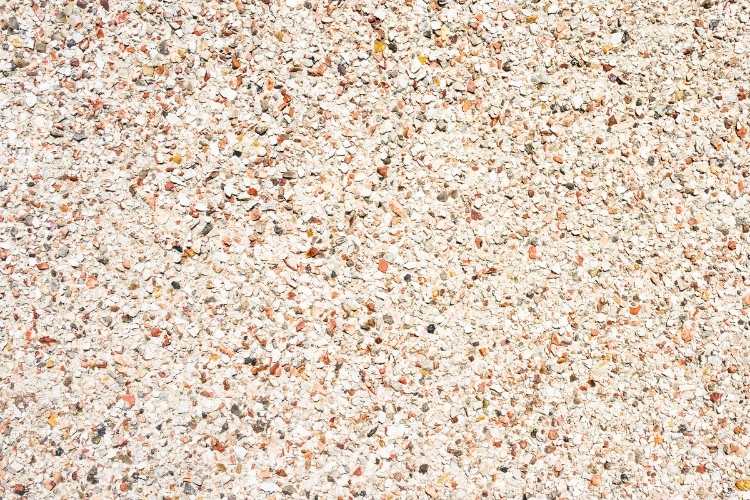
When it comes to the drawbacks of pebbledash, an obvious one is it is a hard material to remove. It can also be a time consuming task. If you’re searching for a long-term render solution that you don’t want to remove, WeDoRender is an excellent choice, and it doesn’t matter how hard it is to remove. The harder the better, in most cases!
It is inevitable this surface loses its pebbles over time, which will eventually cause problems. With fewer pebbles on the wall, water is more easily absorbed, meaning water remains in the walls of the property.
Frost damage is an issue for many homeowners, so keep an eye out on how your wall looks. If the temperature is at a freezing level, this water can freeze, and before too long, cracks appear.
You need to look out for hollow patches and gaps on the unpainted mortar or pre coloured pebbledash. This indicates that the wall covering is more akin to “hanging” onto the wall, as opposed to being firmly fixed in place, and this leads to damp spots.
While pebble dash is a matter of personal taste, which might see some potential buyers decide against viewing a home or making an offer, pebbledash doesn’t lower the property's value.
Of course, if pebbledash is in poor condition or has been applied poorly, it creates issues that can lower property value. This is the case with any rendering or plastering work, so it is best to call on experts for this style of work.
WeDoRender aims to deliver the highest standard of service at all times for all significant rendering, plastering and pebbledash work. To discuss your options, please get in touch with us today.
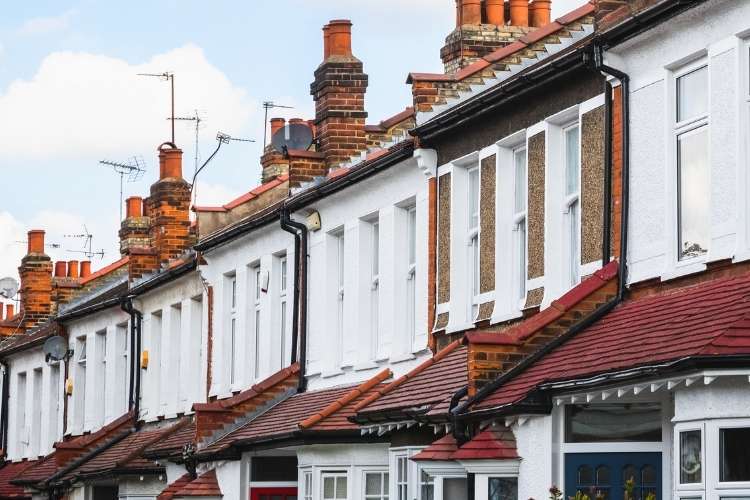
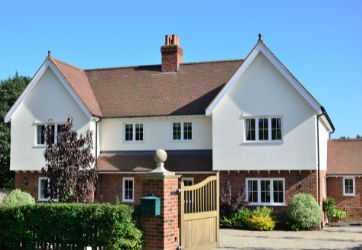
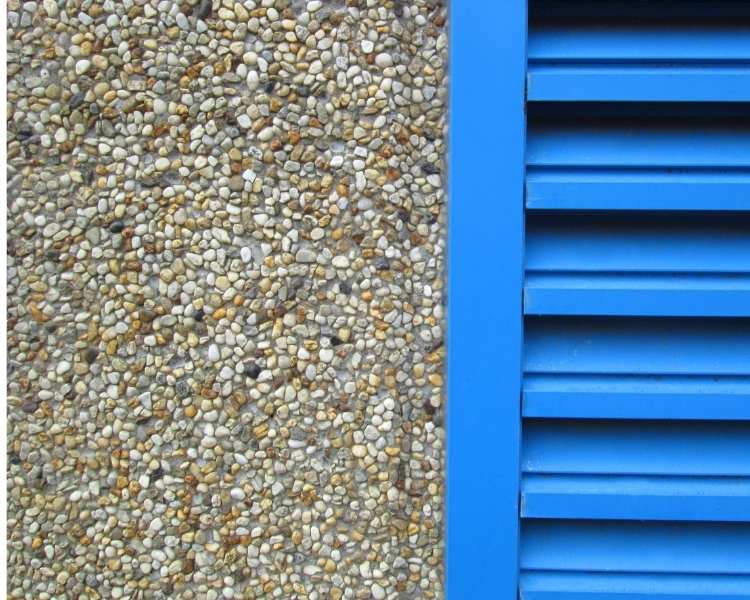
You can paint pebble dash rendering, but it isn’t the most straightforward task in the world. This is not a DIY task for a hobbyist; it is a task that is best left to professionals.
To successfully paint pebbledash, the right equipment is essential, including the most effective paint. You want to use masonry paint, as this is waterproof and breathable, which keeps moisture out and allows water vapour to escape, moving water inside to outside.
A common problem with painting pebbledash is when people opt for sealant paint. This is great at keeping the rain out, but it prevents moisture from escaping inside the property.
A reliable masonry paint avoids this, and WeDoRender is in the ideal position to apply this paint on any pebbledash wall or surface you have. We are specialists in painting these materials, and our painting services ensure your home looks great in any colour, and withstands challenging weather conditions.
This quick answer is no, do not render over pebbledash, and there are a few reasons for this:
If you want to render a surface where the pebble dash is, you need to remove the pebble dash first to create a smooth surface. You cannot combine coloured render with pebbledash, so contact us if you're considering removing pebbledash from your house.
We provide this service, so if you would like more guidance on pebble dash, coloured render or to hire us, please let us know.
Yes, a good way to cover pebble dash is to add insulating boards on top at your house. Adding boards improves insulation, without placing pebbledash under any greater pressure. This is a less time-consuming solution, but it can still be a costly solution.
Other drawbacks of this work include moving fascia boards, soffits and downpipes to ensure the new boards fit.
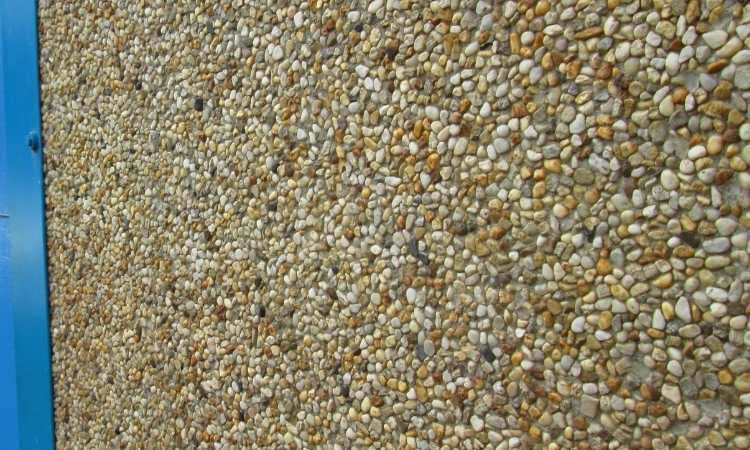
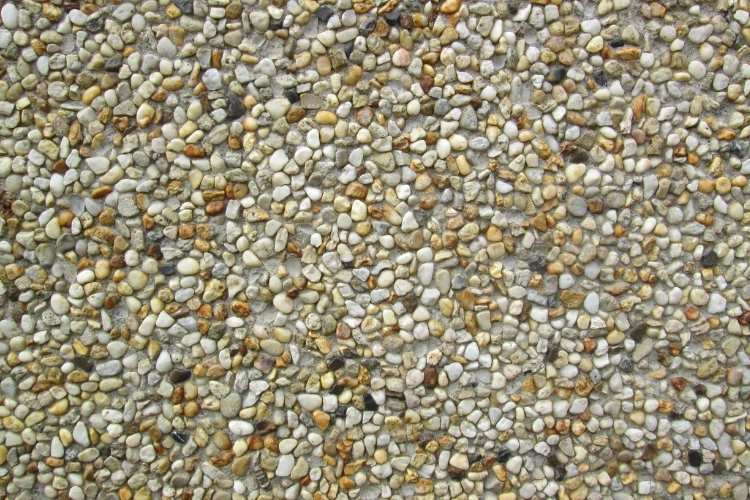
Given its exposure to the elements, it is no surprise a pebbledash wall sometimes loses its lustre and vitality. When grime builds up on a pebble dash, the wall looks browner than you would hope for.
You can wash this wall in the conventional manner, but before you start, look for gaps and cracks. If there are any holes, please fill these in before washing the wall. Once the wall is in a good condition, you can spray it down with a hose, removing loose dirt and organic growth.
For a simple mix of cement, sand, lime and pebbles, pebbledash gets a lot of people talking. For additional information on this solution, or to search for the best renders for your home, we can help.
WeDoRender does it all, helping you create a stylish yet highly functional Trimdon Grange home. If you want to protect your bricks or add a second coat to your exterior wall, stop your search, as we have everything you need.
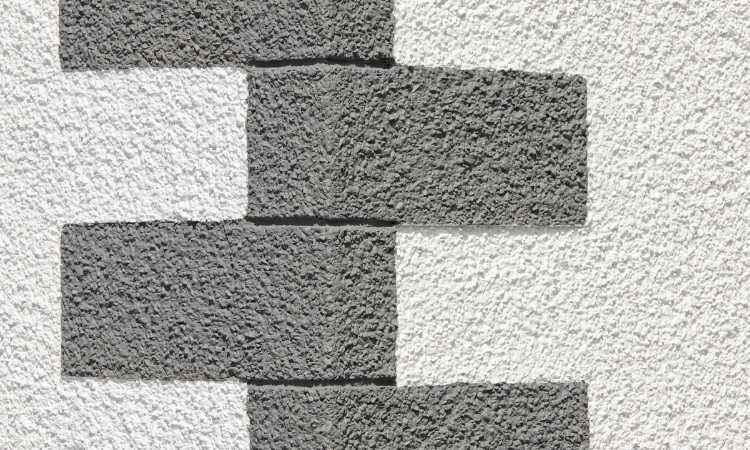

A render is typically less expensive than a pebble dash and is easier to maintain, remove, and replace, so we would prefer a render over a pebble dash.
The presence of damp is a regular phenomenon in pebble dashed houses. Rising damp and penetrating damp are the two types of damp. While rising damp is produced by water penetration on an outside wall, penetrating damp can occur at any level of the building due to water ingress on an exterior wall.
Power washers should not be used on pebble dash. Only a low-pressure hose should be used. Pebble dash is a form of stucco that has pebbles incorporated in it. Pebble dash is a decorative surface that has been used for home exteriors, and walls.
Spray the area with a high power surface cleaner. On contact, this destroys the growth and should be left on the surface for 10-20 minutes. After that, wash the area with a hosepipe and brush or, ideally, a SMALL pressure washer.